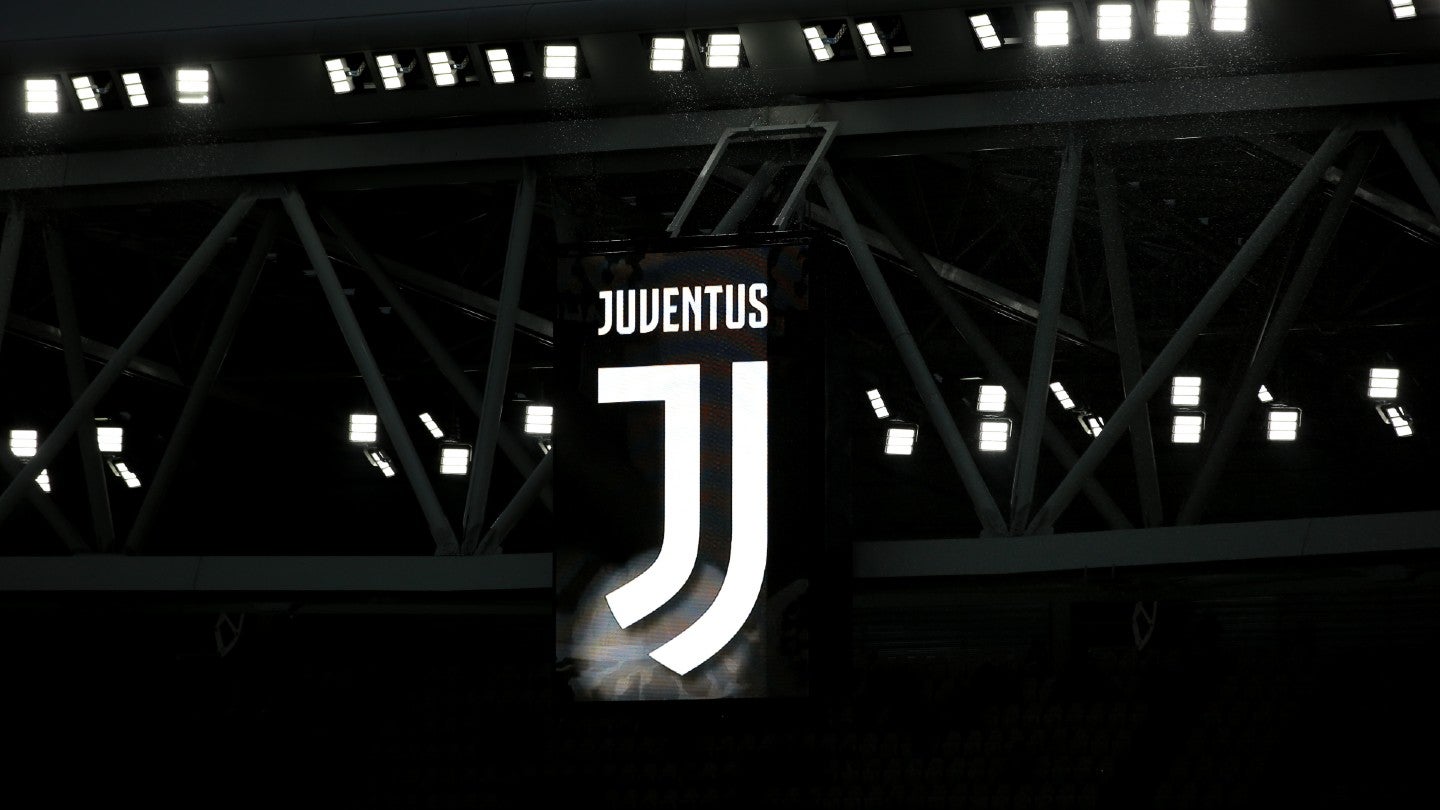
Juventus, Italy’s ‘Old Lady’, have been docked 15 points in this season’s top-tier Serie A after Italian authorities found the club guilty of inflating transfer fees.
In a case brought by the Italian Football Federation (FIGC), Juventus were found to have manipulated fees in their financial records for capital gains benefits, with the swap deal of Miralem Pjanic and Arthur Melo involving FC Barcelona an example.
The punishment is significant. The 15-point deduction puts Juventus at real risk of missing out on next season’s Champions League and the financial windfall this provides.
Further punishment may yet come, with the Court of Appeal considering a motion by the FIGC looking into the manipulation of salaries during the Covid-19 pandemic, during which Juventus ‘deferred’ wages, and whether this gave them a financial and sporting advantage.
The club’s entire board resigned at the end of 2022, and key figures such as ex-chairman Andrea Agnelli, former chief football officer Fabio Paratici, sporting director Federico Cherubini, and eight other executives all received bans from soccer. Agnelli and Paratici received bans of two years and 15 months, respectively.
While this will have significant ramifications for soccer in general – Agnelli was a key figure in the breakaway European Super League and Paratici is responsible for soccer operations at English club Tottenham Hotspur – the impact on Serie A could be devastating.

US Tariffs are shifting - will you react or anticipate?
Don’t let policy changes catch you off guard. Stay proactive with real-time data and expert analysis.
By GlobalDataThe European Super League casts a not-insignificant shadow over this story. For years, Juventus and other European clubs have looked enviously at the riches bestowed on the English Premier League and have used all their guile to try and compete.
Juventus rebranded, presenting a new look badge and logo, eschewing tradition. They were also the first European club to let Amazon’s cameras in behind closed doors, all in a bid to develop commercial revenue. Indirectly, this drive led to the formation of the European Super League as top clubs such as Juventus, Real Madrid, and Barcelona looked to establish financial parity with the Premier League.
As evidenced in GlobalData’s Business of Serie A report, the league has long lagged behind other European leagues in terms of financial might. The Premier League benefits from a collective bargaining position when it comes to media rights, while the top two in Spain, Real Madrid and Barcelona, are among the most recognized and successful clubs in Europe.
Germany’s Bundesliga, meanwhile, constantly innovates and uses its profile as a launchpad for stars to go on and be successful in other leagues, with Erling Haaland one such example.
Italy, on the other hand, has suffered since its mid-90s heyday. Basking in the afterglow of the 1990 World Cup, Serie A was the best league in the world with the most high-profile stars. That time now seems like an age ago, however.
While the national team has had success with World Cup (2006) and European Championship (2021) triumphs since then, Serie A clubs have not won the UEFA Champions League since Internazionale lifted the trophy in 2010. Juventus did reach two finals in 2015 and 2017 but lost both to Spanish opposition in Barcelona and Real Madrid.
Not even the marquee signing of Cristiano Ronaldo could help Juventus reach former glories, with the Portuguese superstar’s astronomical wages likely a hindrance that led to the need to defer wages. International broadcast rights for Serie A are prohibited from being signed to long-term deals, meaning foreign broadcasters often look to gain cheap contracts due to the difficulty in building an audience. This, in turn, means Serie A jumps between channels internationally.
In light of all this, the shadow of scandal and corruption is once again cast over Italian soccer. More than 15 years on from the Calciopoli scandal in which Juventus were stripped of the 2005-06 Serie A title due to match-fixing allegations, the domestic game once again finds itself in an unenviable position.
Unable to compete with other leagues in both a financial and sporting sense, the Italian competition faces systemic issues. Its model club, one of the few with a modern stadium and the means to be competitive on the pitch, now finds itself back in the doldrums.
Agnelli, once a leading light on the administrative side of European soccer, is now persona non grata, and Italian soccer faces a reckoning. There is an opportunity here to reform the league and how it presents itself to audiences both international and domestic, one that the Italian top-flight must take if it hopes to reach the heady heights of the 90s once again.
Image: Emilio Andreoli/Getty Images



